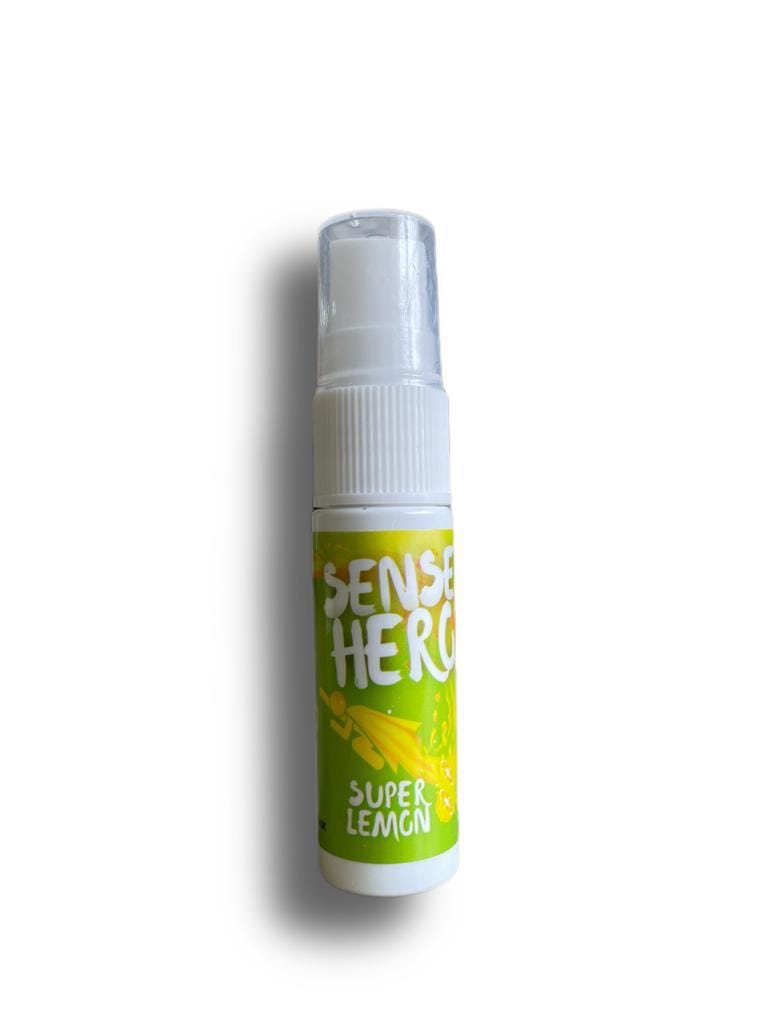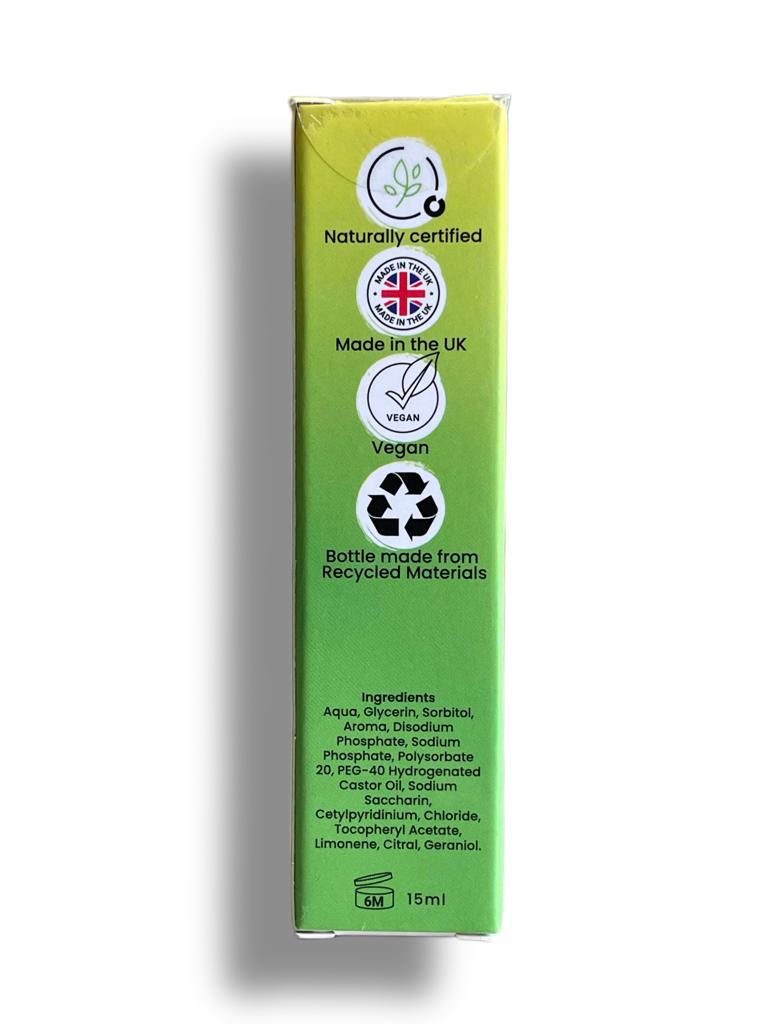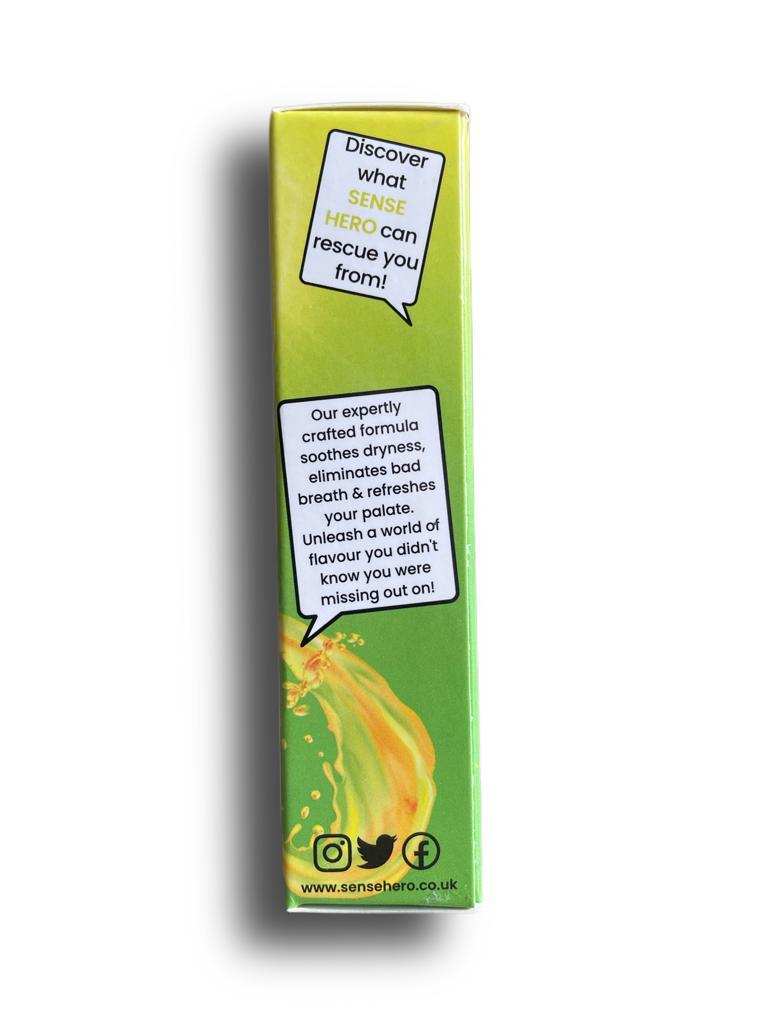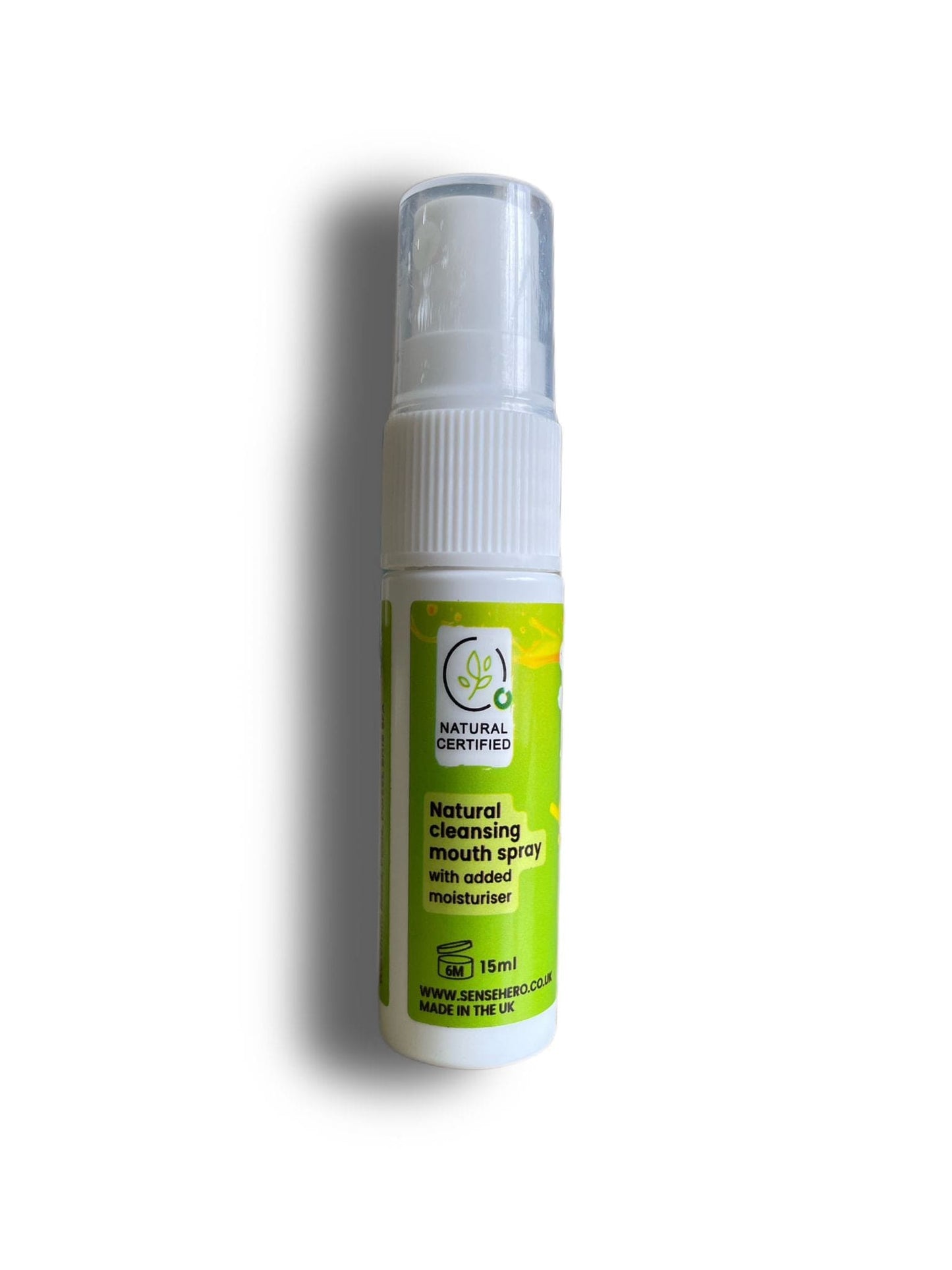Diabetes and Dry Mouth
 Key Takeaways
Key Takeaways
| Aspect | Key Takeaway |
|---|---|
| Diabetes-Dry Mouth Link | High blood sugar and diabetes medications contribute to dry mouth, increasing dental health risks. |
| Hydration Importance | Adequate fluid intake is crucial for saliva production and alleviating dry mouth in diabetics. |
| Oral Hygiene | Regular brushing, flossing, and use of fluoride toothpaste help protect against the effects of dry mouth. |
| Professional Care | Regular dental visits and medical consultations are essential for managing dry mouth in diabetics. |
Introduction
Dry mouth, or xerostomia, is a common condition affecting many, especially those living with diabetes. It's not just uncomfortable - it can impact overall oral health. Understanding this condition in the context of diabetes is crucial for effective management.
Diabetes is a chronic health condition that affects how your body turns food into energy. Normally, food is broken down into sugar (glucose) and released into your bloodstream. When blood sugar goes up, it signals your pancreas to release insulin. Insulin acts like a key to let the blood sugar into your body's cells for use as energy.

There are two main types of diabetes:
- Type 1 Diabetes: Your body doesn’t make insulin. It's caused by an autoimmune reaction that destroys the cells in your pancreas that make insulin. Type 1 diabetes is usually diagnosed in children and young adults.
- Type 2 Diabetes: Your body doesn’t make enough insulin or can't use it well. It can develop at any age, but it's more common in people over 40.
Both types of diabetes lead to chronically high blood sugar levels, which can cause serious health issues like heart disease, vision loss, and kidney disease. Managing diabetes involves maintaining healthy blood sugar levels through a combination of medications, insulin therapy, diet, and exercise.
The Connection between Diabetes and Dry Mouth
Diabetes, a chronic condition affecting blood sugar regulation, has various oral health implications, notably dry mouth or xerostomia. Understanding the depth of this connection is crucial for individuals with diabetes.
Blood Sugar Levels and Salivary Glands: High blood sugar levels can directly impact the health and functioning of salivary glands. Poor glycemic control in diabetes can reduce saliva flow rate, leading to a dryer mouth environment.
Dehydration and Diabetes: Diabetes often leads to frequent urination, which can cause dehydration if fluid intake isn't adequately increased. Dehydration is a key factor in reducing saliva production, thus exacerbating dry mouth symptoms.

Medication Side Effects: Many medications used to manage diabetes can have dry mouth as a side effect. This includes not only blood sugar-regulating drugs but also medications for related conditions like high blood pressure or cholesterol.
Nerve Damage (Diabetic Neuropathy): Diabetes can cause nerve damage, including nerves that control salivary glands. This neuropathy can disrupt the normal functioning of these glands, reducing saliva production.
Impact on Oral Health: A decrease in saliva can lead to a host of oral health problems. Saliva is essential for neutralizing acids produced by bacteria, limiting bacterial growth, and washing away food particles. Without adequate saliva, the risk of tooth decay, gum disease, and infection increases.

Understanding the Connection Between Diabetes and Dry Mouth
| Factor Related to Diabetes | Impact on Dry Mouth | Oral Health Implications |
|---|---|---|
| High Blood Sugar Levels | Reduces saliva flow | Increases risk of cavities and gum disease |
| Dehydration | Less saliva production | Leads to oral discomfort and potential infections |
| Diabetes Medications | Side effect of dry mouth | Alters oral pH, promoting tooth decay |
| Diabetic Neuropathy | Disrupts salivary gland function | Affects oral mucosal health and comfort |
Managing Dry Mouth in Diabetics
- Daily Oral Hygiene: Regular brushing and flossing are vital. Using fluoride toothpaste can help protect teeth in the absence of adequate saliva.
- Hydration: Staying hydrated is essential. Diabetics should drink plenty of water throughout the day to help alleviate dry mouth symptoms.
- Sugar-Free Gums and Candies: Chewing sugar-free gum or sucking on sugar-free candies can stimulate saliva production.
- Avoiding Certain Foods and Drinks: Alcohol, caffeine, and spicy or salty foods can exacerbate dry mouth.

When to Seek Professional Care
- Regular Dental Visits: Diabetics should have regular dental check-ups to monitor and manage the effects of dry mouth on oral health.
- Medical Consultation for Underlying Issues: If dry mouth persists, consulting a healthcare professional is important to rule out other underlying causes related to diabetes.
Conclusion
Diabetes and dry mouth are closely linked, and understanding this relationship is key to effective management. Through a combination of good oral hygiene, hydration, and professional care, diabetics can mitigate the effects of dry mouth and maintain good oral health. For information on how Anxiety and Stress can be held responsible especially when dealing with Health Conditions, click here.

Sense Hero
Sense Hero mouth Spray UK: Quick Fix for Dryness, Vapers Tongue and Palate Cleansing
View full details











Sense Hero spray is not a medicinal product and is not intended to diagnose, treat, cure, or prevent any disease. Sense Hero Spray is designed for personal comfort.

